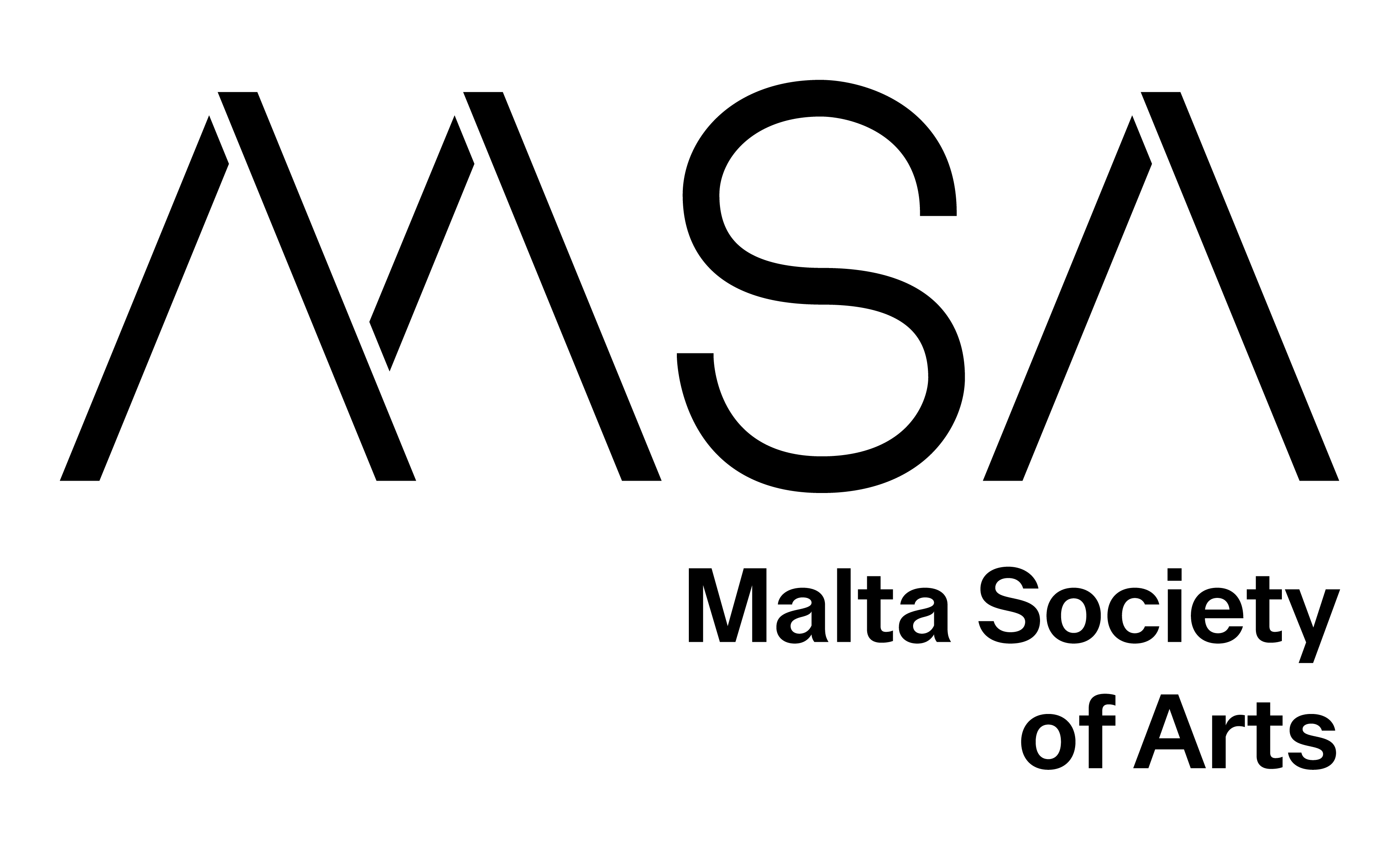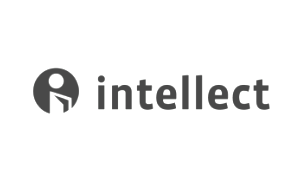This presentation reflects on the techno-scientific developments in obstetrical medicine, its social, cultural, philosophical and prospective implications, and to offer an artistic view of the science in the making. As we progressed in the conceptualisation of the project, various scientific announcements concerning the development of foetuses outside the body appeared in the scientific press and in the mass media, raising questions.
In April 2017, at the Children's Hospital of Philadelphia, an extremely premature lamb was kept alive for four weeks in a 'biobag' incorporating artificial amniotic fluid and acting as an artificial womb. In 2018, the Eindhoven University of Technology also began developing artificial womb "biobags" for human premature babies with support from the European Union's Horizon 2020 programme. Researchers in the programme, now called Perinatal Life Support (PLS), are working to design a new environment for premature babies, similar to the womb.
The dream of creating 'little humans' outside women's bodies is not new. The product of a human entity ex utero is reminiscent of the homunculus (Latin homunculus, "little man"), the artificial human being that some alchemists sought to obtain in the Middle Ages. The idea of the alchemical homunculus has lived on in literature, notably in Goethe's second Faust in 1832. The idea can also be found in the esoteric or scientific fantasy literature of the early twentieth century, but it was after the First World War that science began to seriously consider the possibility of the artificial womb.
The first mention of artificial wombs came in 1923, when J.B.S. Haldane, a young British biologist and geneticist, was invited to give a lecture at the Heretics' Society at Cambridge University that was welcoming sex reform advocates. The text of the lecture was quickly circulated in the “To-day and To-Morrow” book series - all discussing radical political and scientific ideas – and it raised a controversial debate at the time who involved, among many, philosopher Bertrand Russell, socialist and pro-sex feminist Dora Black Russell, science fiction writer Charlotte Franken Haldane, feminist and pacifist Vera Brittain. The debate was in a way concluded when Aldous Huxley published Brave New World in 1932, and when the NSDAP accessed power in Germany.
It is today almost impossible to read about ectogenesis in the press without an immediate introductory reference to the artificial wombs of the "hatcheries" in Aldous Huxley's novel. The current technological context, however, goes far beyond the techno-scientific context and the ethical debate that led Huxley to write his novel 80 years ago. In her thesis in Law presented at the University of Manchester in 2020, "Regulating the 'Brave New World': Ethico-Legal Implications of the Quest for Partial Ectogenesis", Elizabeth Chloe Romanis explores the legal framework implied by the emergence of "Perinatal Life Support" systems in relation to Huxley's "classical" vision of ectogenesis. This presentation examines the historical perspective as well as the latest bioethical debates raised by partial ectogenesis.
Ewen Chardronnet (France) is a collective artist, author, journalist and curator. He is currently editor-in-chief of the bilingual web magazine Makery.info and coordinator of the Creative Europe cooperation programs "More-Than-Planet" (2022-2025) and "Rewilding Cultures" (2022-2026). In his work, he is interested in practices, tactics and speculations that connect artistic research and scientific knowledge to the creation of social situations that intertwine discourses and shifts of perspectives in the very fabric of society. In 2015, he initiated the art/science platform Roscosmoe.org that accompanies the development of artistic works related to the marine environment and evolutionary biology. In 2016 he initiated with artist Shu Lea Cheang the Unborn0x9 project and the Future Baby Production collective. Unborn0x9 was awarded an honorary mention at Prix Ars Electronica 2021 in the “Artificial Intelligence and Life Arts” category.
Shu Lea Cheang is an artist and filmmaker whose work aims to re-envision genders, genres, and operating structures. From homesteading cyberspace in the 90s to her current retreat to post-netcrash BioNet zone, Cheang takes on viral love, bio hack in her current cycle of works. She represented Taiwan with 3x3x6, a mixed media installation at Venice Biennale 2019 and is currently developing UKI, a sci-fi viral alt-reality cinema. In 2016, Cheang and Chardronnet were invited by Echopen to collaborate and contribute to the community forking initiative through their practices as artist/author. The Unborn0x9 by the Future Baby Production collective was born. It represents the common group effort to raise issues such as the possible impact of low cost echo-stethoscopy on global health issues, questions of access to healthcare and motherhood, ectogenesis and the technicization of reproduction, and the exchange between science-fiction imaginary and science in the making at large.
Back







